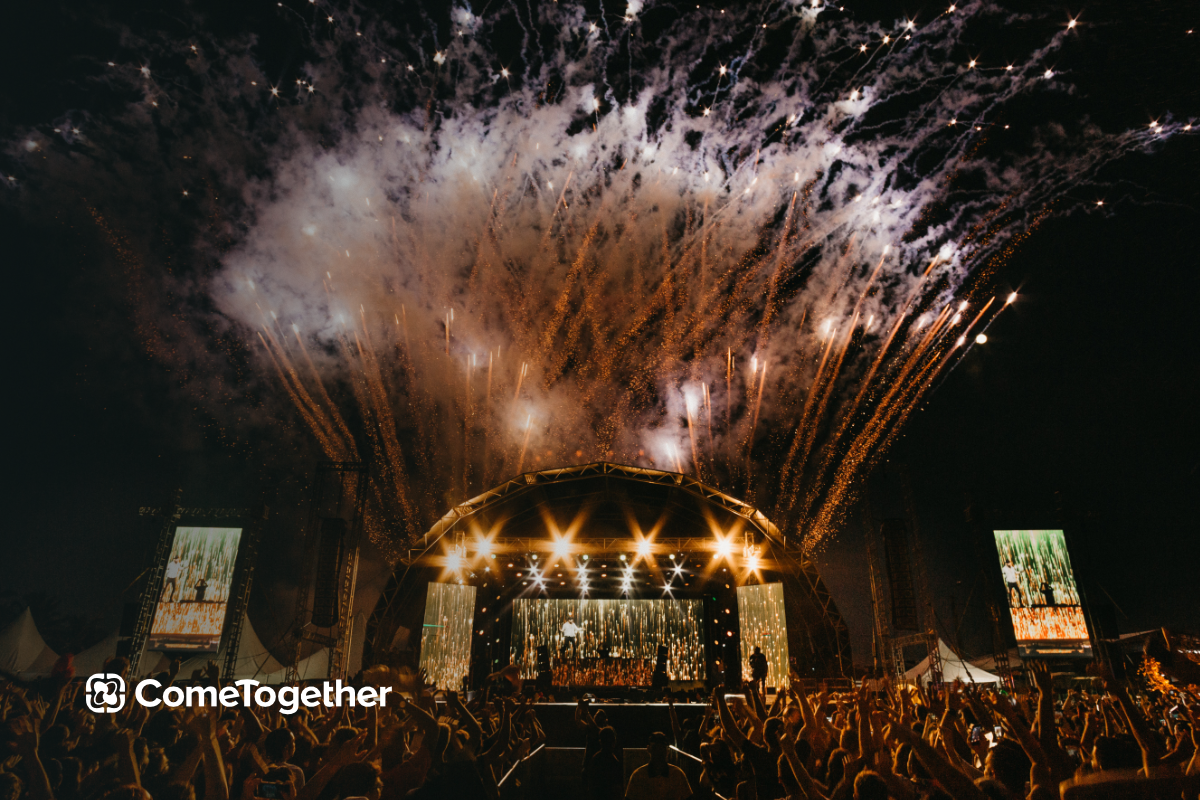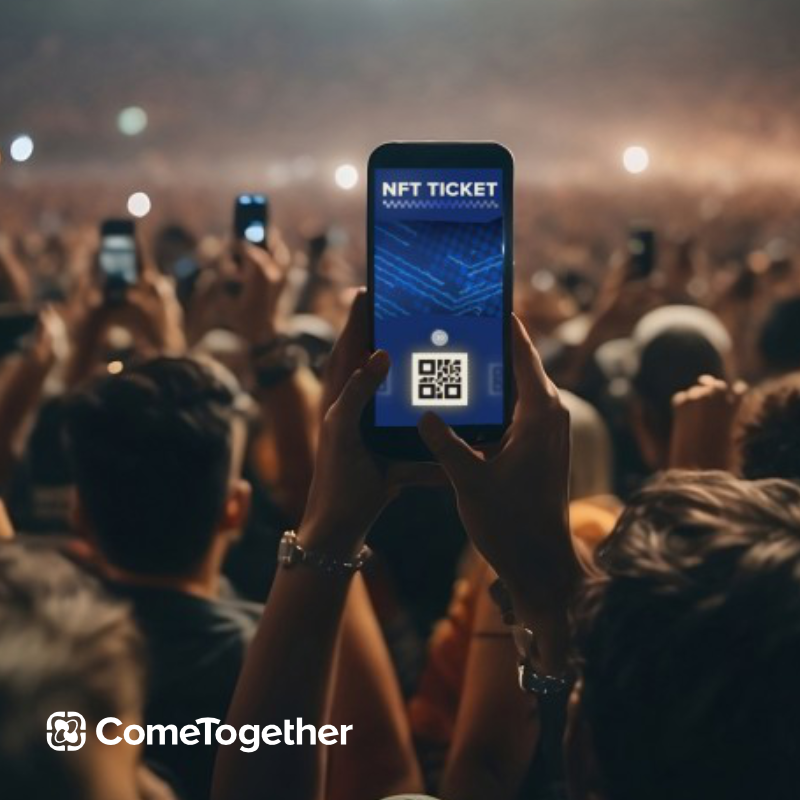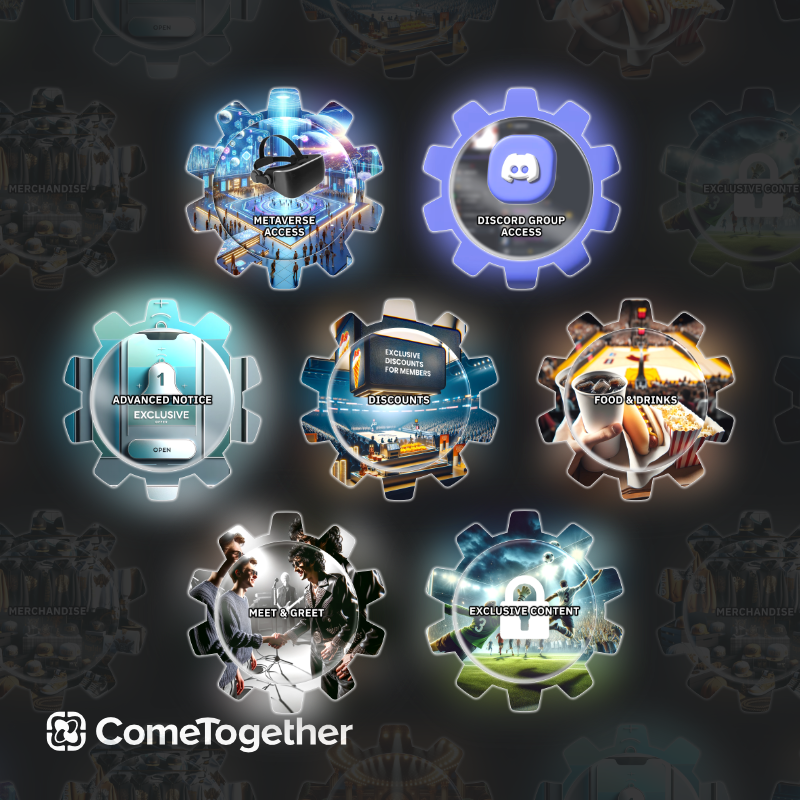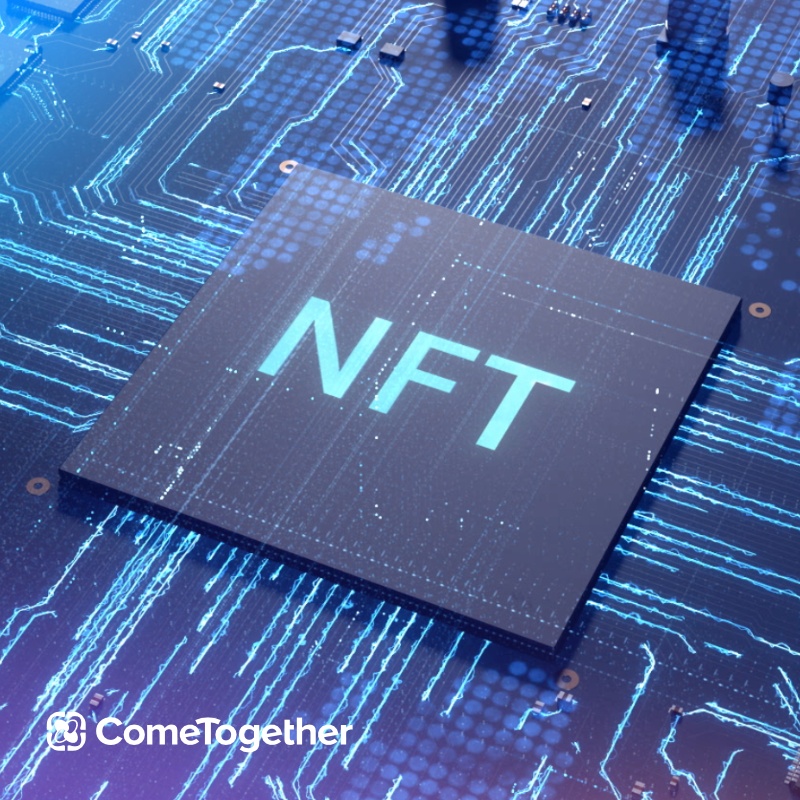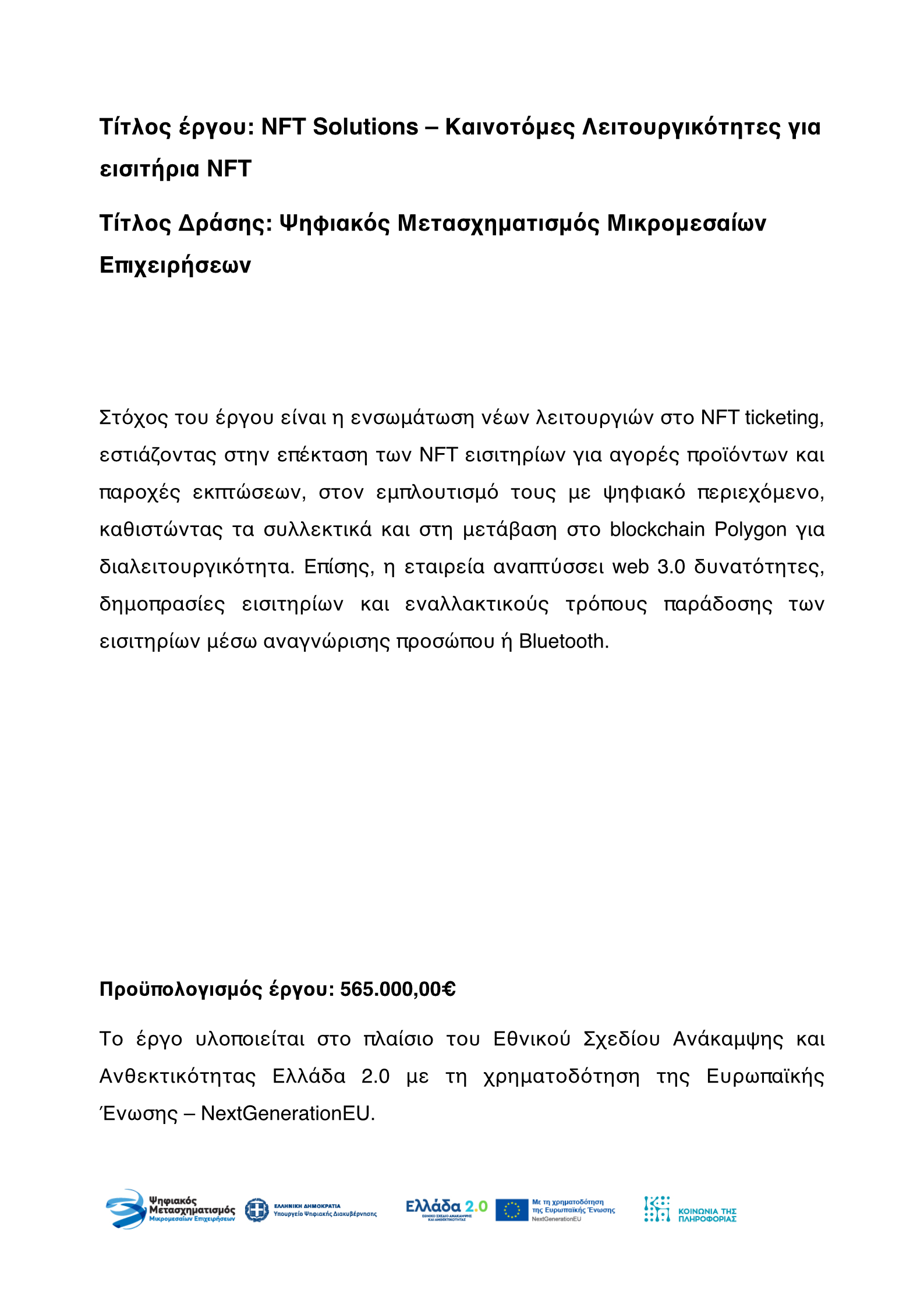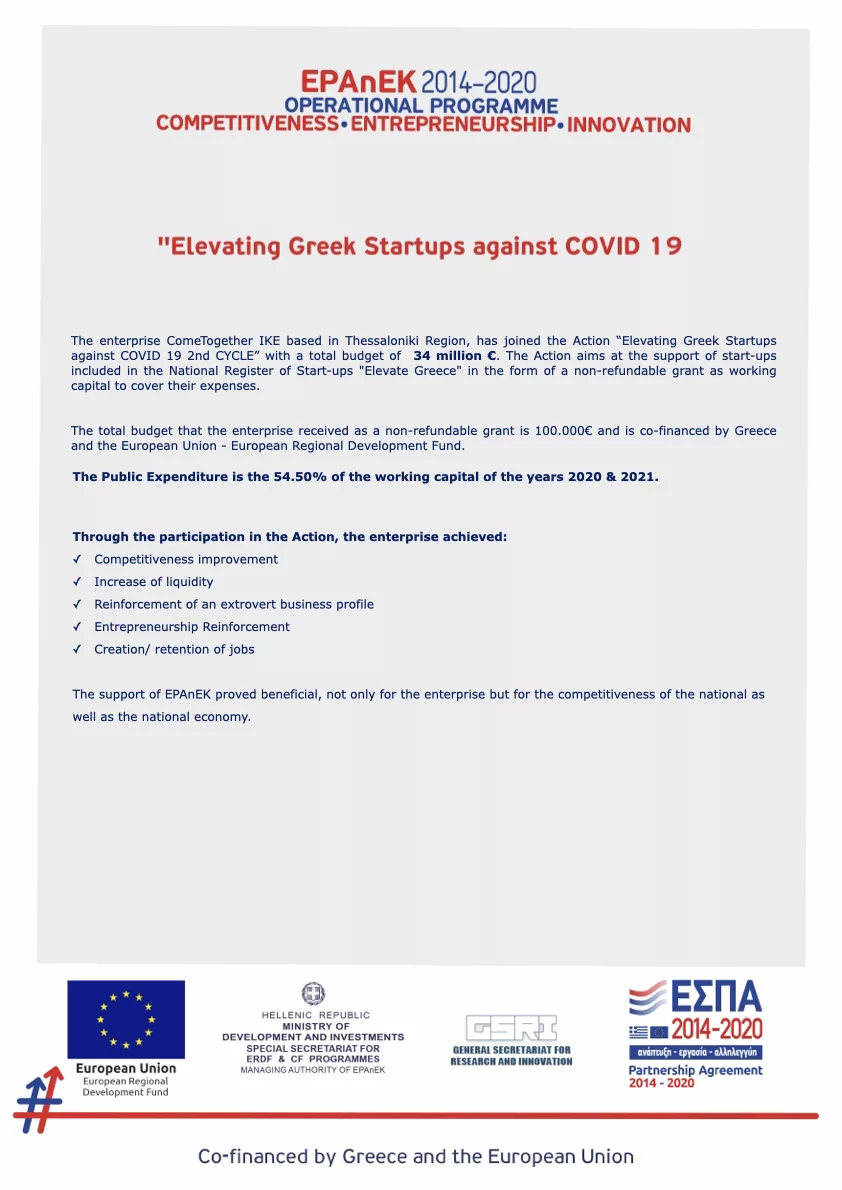This page provides a comprehensive guide through the various aspects of how NFTs are impacting the live events industry, from ticketing to attendee experience, artist engagement, and the broader implications for the future of entertainment.
The integration of Non-Fungible Tokens (NFTs) into the live events industry represents a significant shift in how events are managed, experienced, and valued. We’ll explore the various ways NFTs are disrupting the live events sector, offering a glimpse into a future where technology and entertainment intermingle in unprecedented ways.

